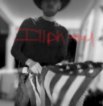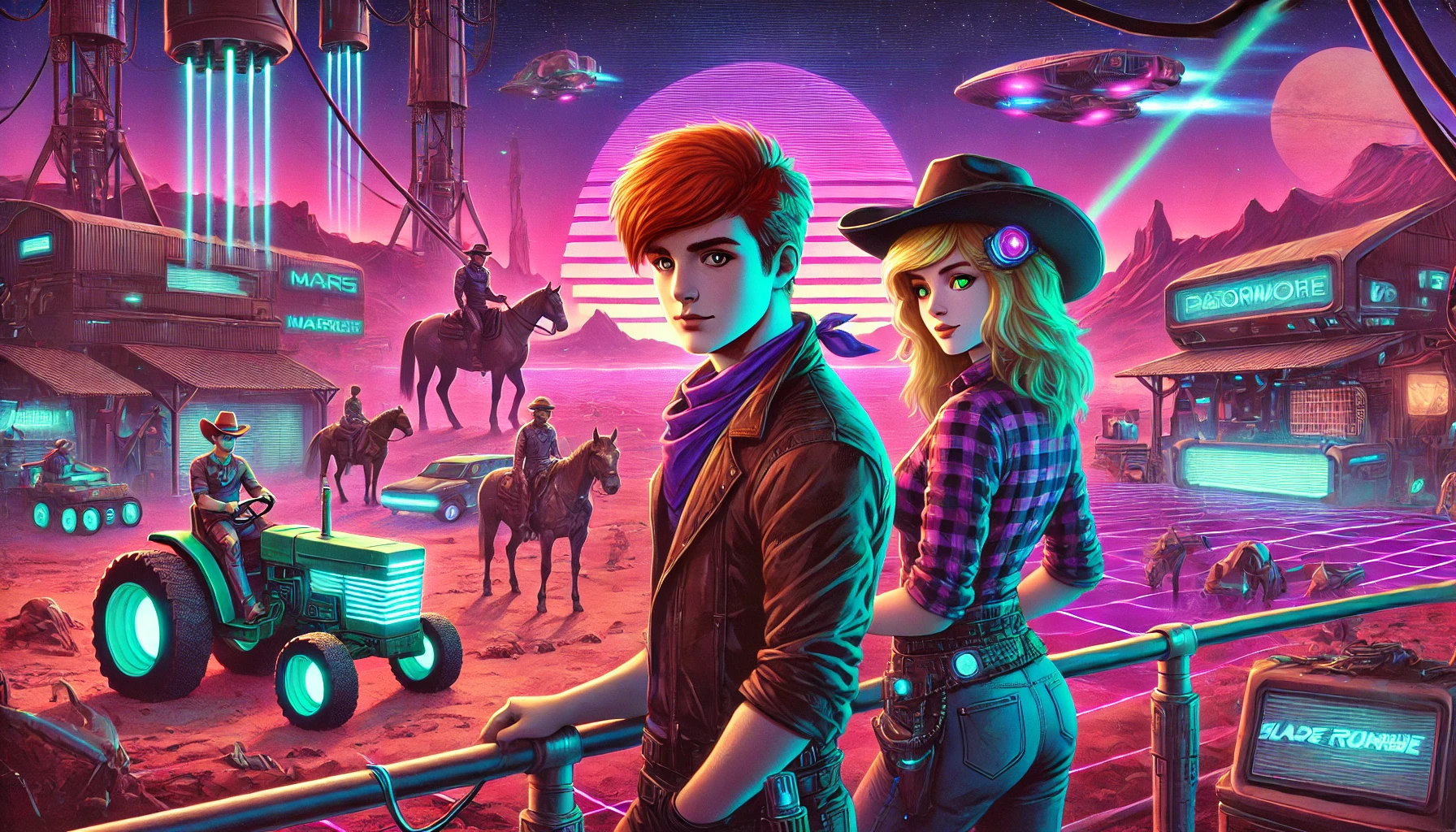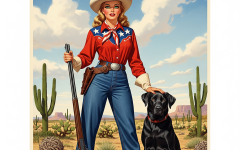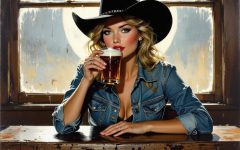illphated
The year was 1948 when Unit 734 and its smaller companion, Unit 212, first rumbled across the dusty plains of West Texas. They weren’t from around here, not by a long shot. Their metallic forms, designed for tireless labor in an era of burgeoning industry, seemed a stark contrast to the vast, quiet expanse of the desert.
“Affirmative,” clanked Unit 734, its optical sensors scanning the horizon, “Environmental parameters within acceptable tolerance. However, current directive: unclear.”
Unit 212, always a bit more observant, pointed a finger-like appendage towards a distant, shimmering town. “Observation: Human settlement. Hypothesis: Potential for directive acquisition.”
And so, they ventured into the heart of Texas. The locals, initially, were a sight to behold. Eyes widened, hats tipped back, and a few jaws dropped when the two automatons strode into town. Farmer Jed, a man whose face was etched with the wisdom of a thousand sunrises, was the first to approach.
“Well, I’ll be,” he drawled, “never seen the like. What in tarnation are you fellas lookin’ for?”
Unit 734, programmed for efficiency, replied, “Purpose. We are capable of various tasks. Computation of optimal integration into agrarian society pending.”
Jed chuckled, a dry, rustling sound like corn husks in the wind. “Well, son, out here, purpose is whatever needs doin’. Got a whole lot of land needs turnin’, fences needs mendin’, and water needs haulin’.”
And so, the robots got to work. Unit 734, with its powerful frame, became an unstoppable force in the fields, its metallic arms churning soil faster than any plow. Unit 212, nimble and precise, was surprisingly adept at fixing intricate machinery, its delicate manipulators mending what human hands often struggled with.
The Texas sun beat down, but the robots never tired. The dust coated their metallic bodies, but they never complained. They learned the rhythm of the land, the quiet determination of its people. They saw the vast, star-filled nights and the vibrant sunsets that painted the sky in hues of orange and purple.
One evening, as the last rays of sun dipped below the mesas, Jed leaned against Unit 734’s leg, a satisfied sigh escaping him. “You know,” he said, “when you first showed up, folks were a bit wary. But now… now it just feels right. Like you’ve always been here.”
Unit 734 processed the sentiment. Its internal circuits whirred, accessing databases of human emotion, cultural integration, and belonging. After a moment, a subtle whir of contentment emanated from its chassis. “Affirmative, Farmer Jed,” it resonated, its voice modulator softening slightly. “We believe… we belong in Texas.” And somewhere beside it, Unit 212 gave a quiet, metallic hum of agreement.
EmailURL







itl91o
zsovkz
6ms79h
un0nt1
em80ir